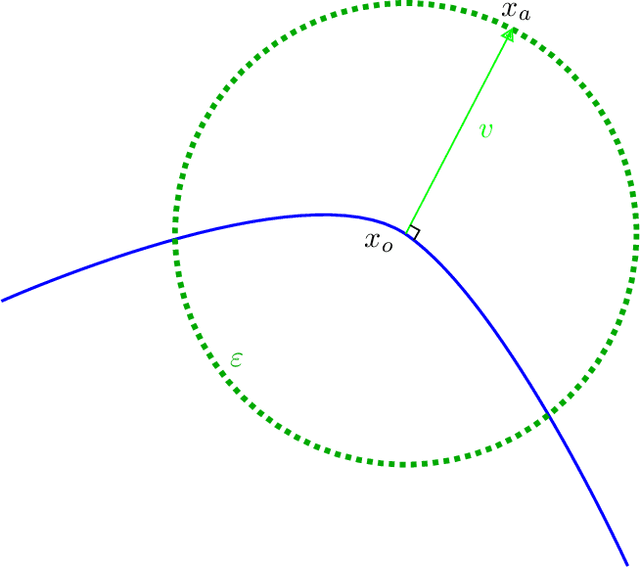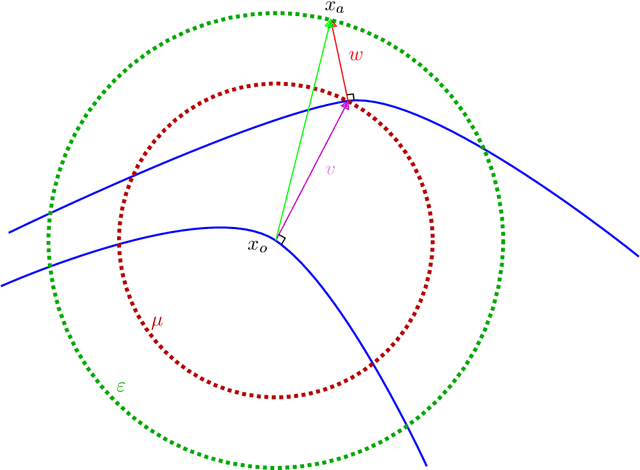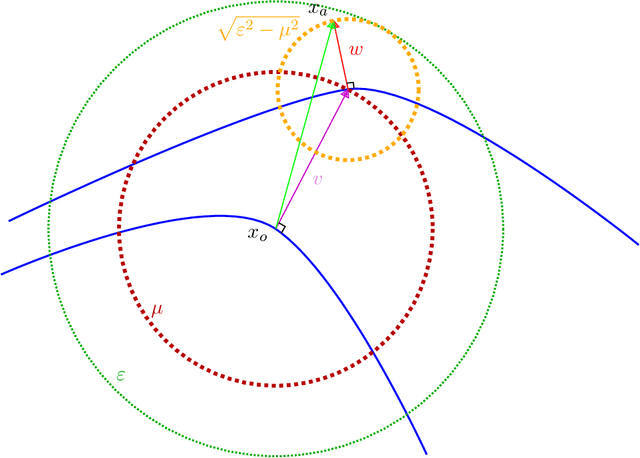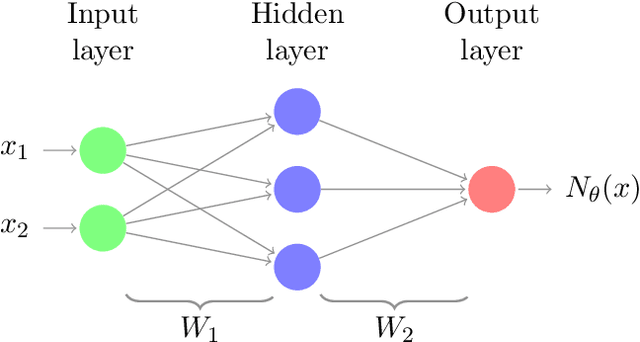Canonical foliations of neural networks: application to robustness
Paper and Code
Mar 02, 2022



Adversarial attack is an emerging threat to the trustability of machine learning. Understanding these attacks is becoming a crucial task. We propose a new vision on neural network robustness using Riemannian geometry and foliation theory, and create a new adversarial attack by taking into account the curvature of the data space. This new adversarial attack called the "dog-leg attack" is a two-step approximation of a geodesic in the data space. The data space is treated as a (pseudo) Riemannian manifold equipped with the pullback of the Fisher Information Metric (FIM) of the neural network. In most cases, this metric is only semi-definite and its kernel becomes a central object to study. A canonical foliation is derived from this kernel. The curvature of the foliation's leaves gives the appropriate correction to get a two-step approximation of the geodesic and hence a new efficient adversarial attack. Our attack is tested on a toy example, a neural network trained to mimic the $\texttt{Xor}$ function, and demonstrates better results that the state of the art attack presented by Zhao et al. (2019).
 Add to Chrome
Add to Chrome Add to Firefox
Add to Firefox Add to Edge
Add to Edge